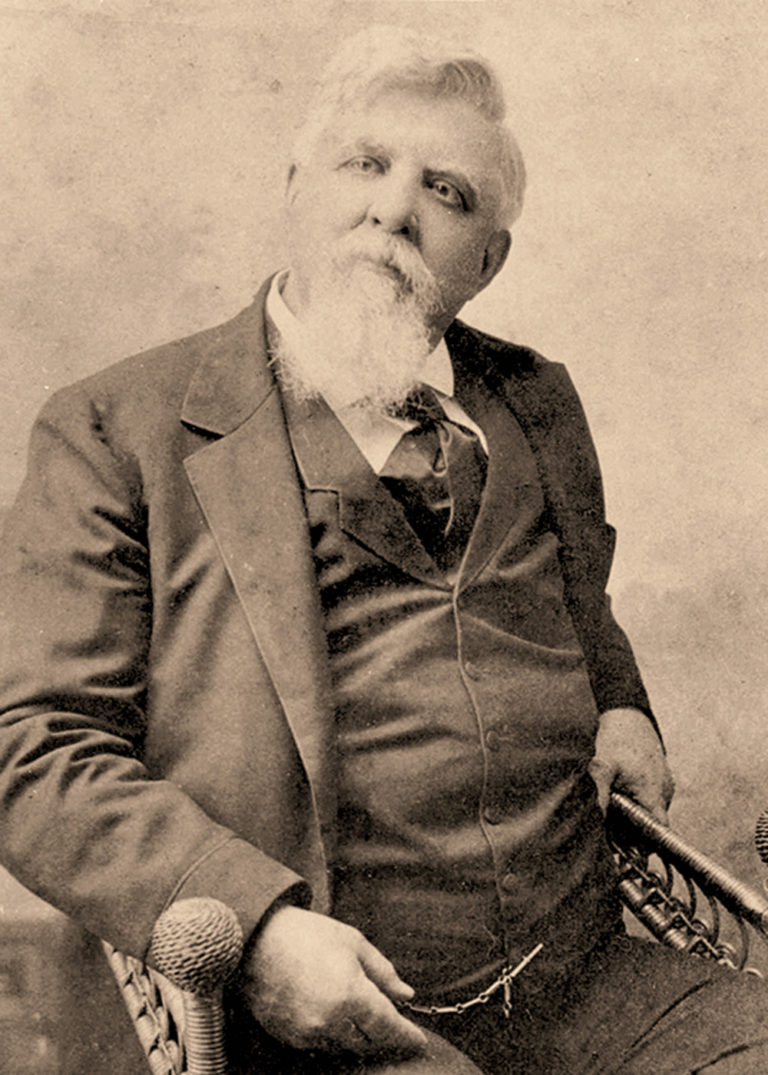
On the opposite corner from the Lincoln County Bank, J. As they were leaving, one of the fellows jerked off O. They could have got two thousand dollars by pulling out the tellers draw just below. Hoyt came in at the point of a Winchester and made an effort to open the safe but was so nervous that he did not succeed, although being roundly cursed for his delay and having a Winchester snapped in his face once or twice.Ībout this time, shooting commenced on the outside which so excited the bandits on the inside that they grabbed up what money they could find on the top of the counter, (about $300) and skipped out. Hoyt lay very sick, and compelled him to get up to open the safe. The third bandit then went to a room in back of bank building where F.B. Kee, the cashier, at the books, he ordered his pal to attend to him. Harvey Kee, president of the bank, was at the teller’s window, when one of the men stepped up and presenting a Winchester said, “Say, you d- s- of a b-, shell out your cash, and be d-d quick about it too.” At the same time, noticing O.

One of the men held the horses while two entered the building from the rear and one from the front entrance simultaneously, while another remained on the guard on the outside. About 9 o’clock, five horsemen dressed as typical cowboys and heavily armed, rode into town from the north along the street east of the court house, and turning down the alley back of Fletcher’s hardware store, proceeded to the rear of the Lincoln County Bank where they dismounted. – The quiet and serenity of this little city was rudely disturbed yesterday morning by a bold bank robbery. A Mere Boy is He but the Others are Old Timers – Latest Job of the Notorious Cook Gang.Ĭhandler, Ok., July 31. A Terrific Battle and as Outlaw Brought Town – Now Safe Behind the Bars. THE LINCOLN COUNTY BANK AT CHANDLER LOOTED. The Guthrie Daily Leader earlier on August 1, 1894, carried a front-page story that said: The future outlaw was born at Fort Concho, Texas, on February 8, 1876. Goldsby’s father was a member of Troop H, 10th Cavalry Regiment, a famous Buffalo Soldiers unit. Ellen Lynch, who was a citizen of the Cherokee Nation. Cowboy outlaw Crawford Goldsby, aka Cherokee Bill, was very dedicated and loyal to his mother, Mrs. They rode behind Fletcher’s Hardware Store and stopped at the rear of the Lincoln County Bank, where they dismounted…. Chandler was the county seat of Lincoln County a few years later, the famous Dodge City, Kansas, lawman Bill Tilghman would become sheriff of Lincoln County.Īt about ten o’clock on that July morning, five heavily armed cowboys rode into town from the northeast, coming down Manvel Avenue to 7th Street, where they turned and went to the alley. The boldest and most brazen robbery by Cherokee Bill and the Cook gang occurred on Monday morning, July 30, 1894, when the gang robbed the Lincoln County Bank in Chandler, Oklahoma Territory.


Although both outlaws received national media attention for their crimes while they were living, Billy the Kid was remembered and immortalized in books and films in the 20th century, but this did not occur for Cherokee Bill. Compare Cherokee Bill to Billy the Kid of New Mexico Territory fame. He was also a Native American, a citizen of the Cherokee Nation as an Indian Freedman from his mother’s lineage. First and foremost, he was an African American living in the Indian Territory.

There were a few things about him that made him truly unique for a famous desperado of the purple sage. Cherokee Bill was every bit as colorful and outrageous as any criminal on the Western frontier, perhaps even more so. Like these men, he garnered national press for his exploits the well-known New York Times had a running commentary on his actions and deeds in the Indian Territory. – Photo of Cherokee Bill Courtesy True West Archives –Ĭherokee Bill can be compared to John Dillinger and Pretty Boy Floyd of the 1930s. His execution made newspaper headlines across the country, including the March 18, 1896, Leavenworth Times. Cherokee Bill, the most famous outlaw of the Indian Territory, stood for his portrait for a Fort Smith newspaper just before his execution on March 17, 1896.


 0 kommentar(er)
0 kommentar(er)
